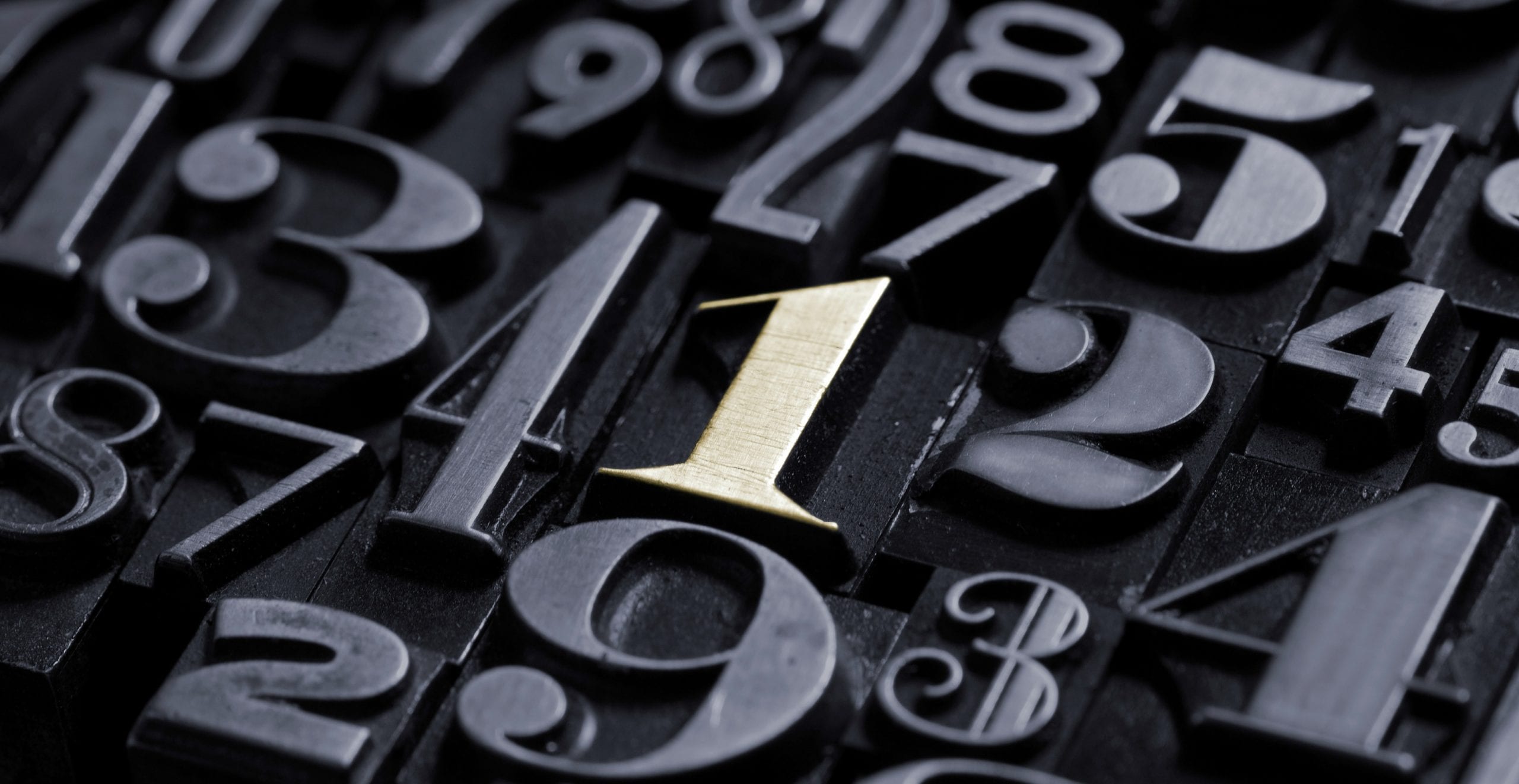This post is over three years old, the information may be outdated.
Having some maths skills under your belt goes a long way at uni. Whether it’s interpreting basic numbers and statistics, or doing advanced algebra, you’re likely to run into subjects that need numeracy knowledge. You can become better at maths with these six foolproof tips that can save anyone from getting lost in numbers!
Understand the problem
Before rushing into a solution, re-read the problem a couple of times to pick out key pieces of information. Try putting the problem into your own words or make key information stand out by circling or underlining key words in the question.
Draw a diagram
Professional mathematicians use diagrams to solve area, perimeter or trigonometry problems. So you can too! Diagrams don’t have to be pretty, but they should be neat and have all the important information needed to solve the problem.
Write neatly
Does your lower-case letter b look like the number six, or your letter x look like a multiply sign? You should be able to read what you’ve written, so when you go back hunting for possible errors or revise for assessments, you know what you’ve written! Don’t forget that someone else will be marking your work too, so they need to be able to read and understand what you’ve done as well!
Line up!
Write out each step in a separate line to reach a solution and reduce errors. Each line should be neatly set out to show you understand the problem and how you solved the task. There’s also a good chance you’ll pick up some marks in an assignment or exam just by showing the correct method, even if your final answer is wrong!
Check your work
Make an estimate to check whether your calculations make sense. If the question asked you to share $100 between five people and your answer was $200, this wouldn’t be right as you didn’t have that much money to start with!
Know your calculator
Save time by getting familiar with how your calculator works. You’ll want to know any functions relevant to what you’re studying, how to set it to the correct mode and be able to switch modes if you need to. If you’re unsure, ask your lecturer to talk you through these processes.
Contact the ALLaN team if you want to improve your numeracy skills. You can book an appointment, workshop or just have a quick chat. They’re available by phone, Skype and in person, in the evenings and on weekends.










